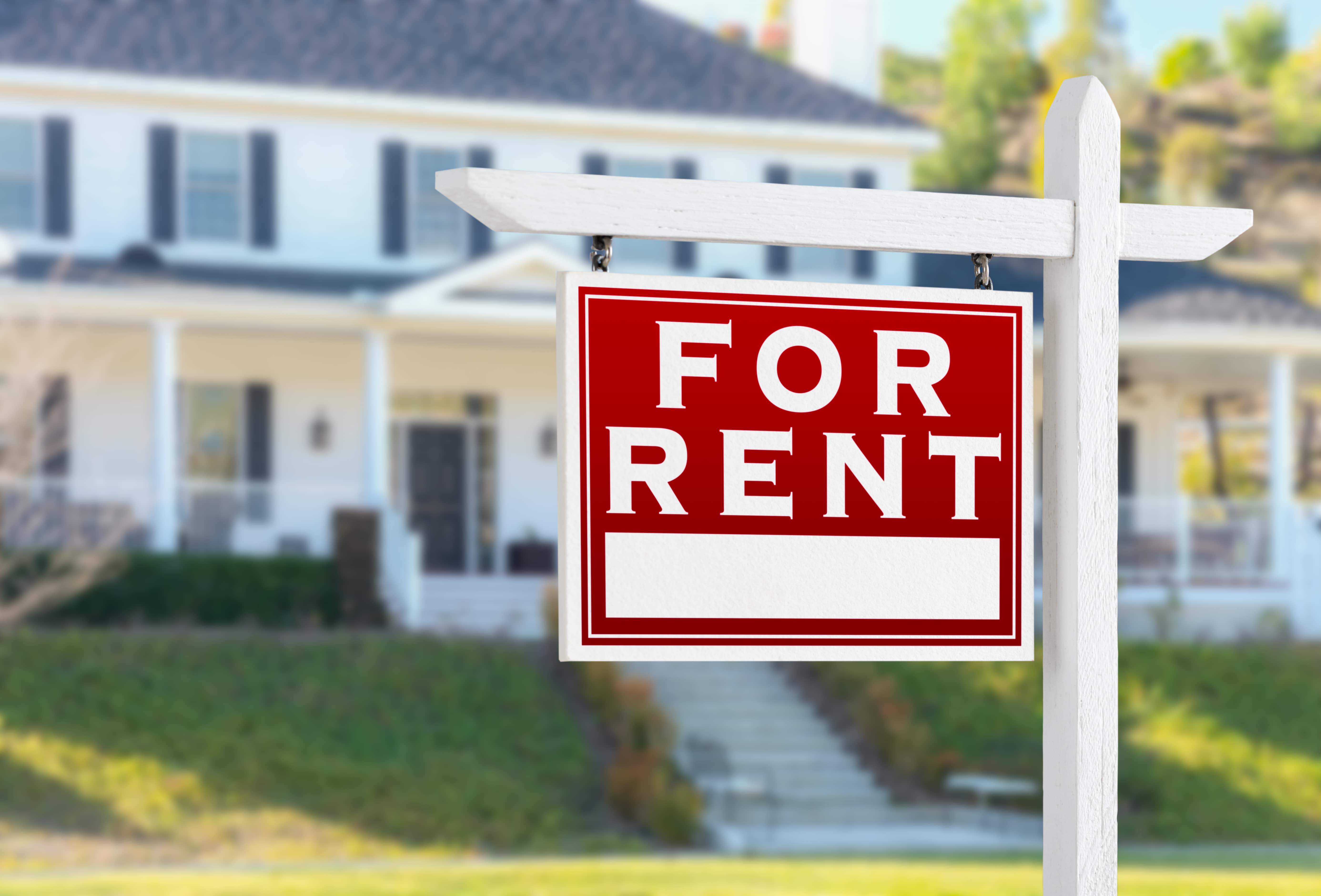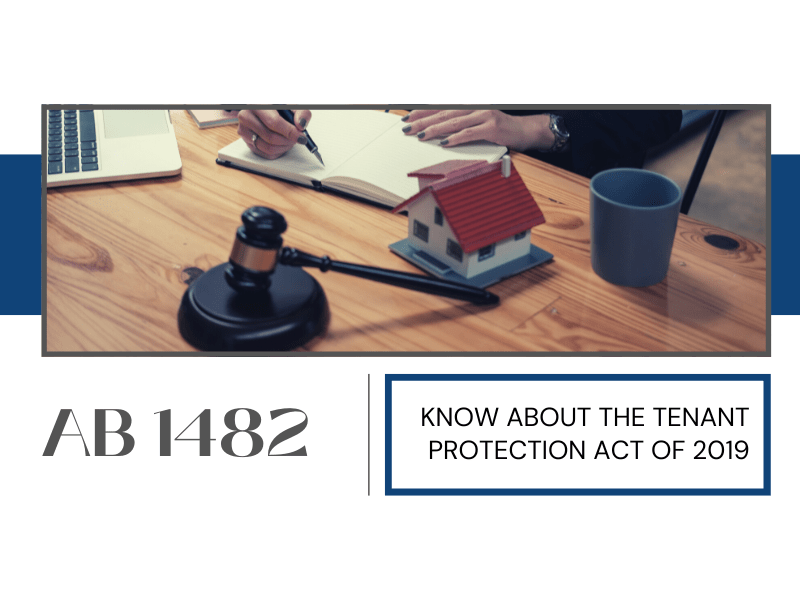The Tenant Protection Act of 2019 went into effect in January of 2020, but shortly after that, the pandemic began and eviction moratoriums really impacted the San Jose rental market far more than the new rental laws that had been such a hot topic until that point.
While rent control and just cause evictions are the main points of AB 1482, or The Tenant Protection Act, understanding this law has become even more important as Additional Dwelling Units (ADUs) are on the rise in the San Jose rental market.
Let’s talk about what this means for you if you’re thinking about an ADU in a property you already own.
Tenant Protection Act Review
There are a lot of details involved in The Tenant Protection Act, and hopefully you have familiarized yourself with it enough that you know whether your San Jose rental property is included or exempt from its rent control stipulations. Here’s what you generally need to know:
The law introduced statewide rent control to California, stating that landlord cannot raise the rent more than five percent plus the annual cost of living increase that’s set by the Consumer Price Index (CPI).
You may be exempt from rent control if you’re an individual landlord who owns and rents out one single-family home, a townhouse, or a condo. The age of your property will also come into play. If your property received a Certificate of Occupancy in the last 15 years, you will also be exempt.
Just cause evictions are required if you want to remove a tenant. Before this law was passed, you had the option of not renewing your lease with your tenants. You could simply provide the appropriate notice and they would move out and you’d get your property back. The big change in the eviction process is that in order to remove your tenants without penalty, you have to have just cause. This means they are not paying their rent, they’re engaging in criminal activity, or they’re not following the terms of your lease agreement.
If you want to remove your tenants for another reason but you don’t have just cause, you can still serve them notice, but you’ll have to pay a relocation fee which is the equivalent of one month’s rent.
Additional Dwelling Units in San Jose Rental Homes
 What’s most important for our discussion today is whether or not you’re renting out a single-family home or a multifamily property. Most multifamily properties will be included in the law, unless they’re new construction. If you’re renting out a single-family home, you’re likely exempt from rent control.
What’s most important for our discussion today is whether or not you’re renting out a single-family home or a multifamily property. Most multifamily properties will be included in the law, unless they’re new construction. If you’re renting out a single-family home, you’re likely exempt from rent control.
BUT, if you’re adding an addition unit to that home, such as a garage apartment or a guest apartment, that single-family home becomes a duplex. What does this mean? That it’s now a duplex and it falls under AB1482.
If you’re living in the primary residence and renting out a separate ADU, you’re still exempt. That’s not considered a multifamily property. But, if are renting out both the primary residence and the ADU, you’re suddenly looking at new requirements subject to The Tenant Protection Act.
There are a lot of variables involved with this law. You also have to make sure your lease agreement reflects specific language that identifies your San Jose rental property as either included in rent control laws or excluded from them.
It’s easy to make an expensive mistake with rent control, just cause eviction, and adding a rental property to an existing residence. Talk to a professional San Jose property management company before you do anything different with your rental property. We’d love to help, and invite you to contact us at Cornerstone Property Management.





